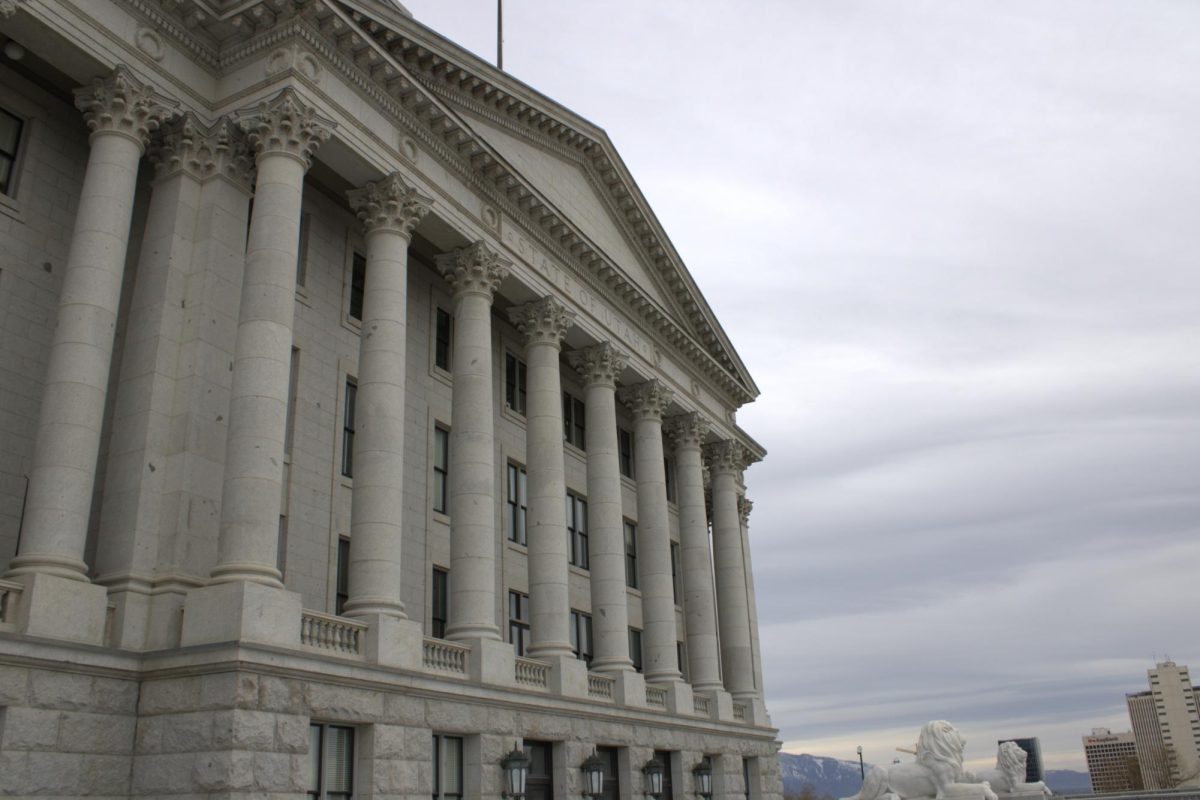HB267 is one of the most controversial bills passed thus far in the 2025 legislative session, proscribing collective bargaining for public workers. Much of the press on this bill has been negative, and the affirmative senate vote narrowly passed 16-13. The bill recently got Gov. Cox’s approval, canonizing HB267 as law.
HB267 opens a better horizon for labor unions in Utah. The bill strips away the prevailing narrative on union bargaining, exposing unions as tyrannies of the minority. This allows unions to focus better on successfully fulfilling their purpose. The passage of HB267 gives unions an excellent opportunity to do what they’re meant to do — represent workers.
Labor’s Rising Tide
Labor unions have begun to flex their muscles as the 2020s reach their midpoint with recent reports of outsize influence and attempts at stalling the due process of the laws.
Labor unions themselves have origins in the early days of the Industrial Revolution and were reactions to varying degrees of inhumane treatment. Membership in a union was a life-or-death decision, and labor-management relations were marred with difficulty and violence. Later legislation tamed these fiery feelings and gave unions extensive leverage, including the right to bargain on behalf of all workers.
Today, union membership nationwide is at an all-time low, which raises a serious concern as to why they retain a right to collectively bargain on behalf of all employees when few employees belong to the union. Moreover, unions and union workers are granted significant financial benefits by the state legislature, all paid for by taxpayers.
Unions are not democratic organizations, and their decision-making power should be rightly audited. HB267 ensures that union access to government resources is restricted.
The removal of collective bargaining privileges won’t affect many workers. What it would affect is union power. Labor unions know this.
The Kerfuffle Over HB267
HB267, sponsored by Republican legislators Rep. Jordan Teuscher and Sen. Kirk Cullimore, increased union financial transparency, reduced the use of public funds in labor unions and greatly decreased the capacity of public sector unions to act as bargaining agents by prohibiting collective bargaining.
Party lines were very clear as Democrats uniformly voted against HB267. Strong outpourings of emotion and chants of protest filled the Capitol following the passage of the bill.
Labor unions in Utah do not have the best track record of putting the needs of others before their own. The recent ski patrollers strike in Park City is a top-of-mind example.
On Dec. 27, a dispute over employment practices led to 200 ski patrollers refusing to work the slopes. The strike lasted 13 days until a bargain was eventually reached which increased worker’s pay by $2 an hour.
Members of the Park City Professional Ski Patrol Association held the country’s largest ski resort hostage during the busiest time of the year just so that 200 employees could be paid $23 an hour. Keep in mind this is a job that had no formal education requirement beyond a high-school diploma and comprehensive first aid certification, whereas this union demanded pay just $5 shy of an average bachelor degree-holder’s salary.
Park City Professional Ski Patrol Association’s collective bargaining antics put the needs of the union above the needs of the public good. A ski resort should be a place for leisurely winter sporting, not as a stage for self-interested union activists. Many guests who had planned a wintery getaway in the ski resorts of Utah were shafted out of methodically planned vacations. Who’s to say if they will ever return to Park City’s ski resorts.
HB267 restores sanity to the workplace by removing collective bargaining out of the hands of unions which themselves constitute a minority of workers. By taking away public sector unions’ bully pulpit, non-unionized workers, who constitute a majority of the workforce, and taxpayers, who constitute everybody else, stand to benefit greatly.
Empathy Is Not a Legitimate Basis for Making Decisions
HB267 offers a rare opportunity for public sector unions to chart an even better path forward. It is a chance for unions to figure out why they exist in the first place.
With cut public funding and increased financial transparency, unions are compelled once more to turn to members for funding. This will, in turn, drive motivation to increase union membership and create a more democratic, bottom-up organization. With collective deal-making off the table, disputes will be resolved in a methodical and pragmatic way that encourages dialogue and minimizes harm to the consumer. Unions will be reshaped in the image of a growing constituency of workers. They will grow more representative of their clientele, the hard-working people of Utah.
Furthermore, absent the distraction of collective bargaining, unions can turn their focus to actually bringing benefits to their members. These benefits could include increased workplace safety protections, the abolition of unnecessary remote work and an added focus on accommodations per Title VII of the Civil Rights Act of 1964.
Unions have a place in modern American capitalism, and HB267’s advent inaugurates a new era in the Utah workplace, one where workers are represented and employers can focus on profits.
Labor and Capital, Hand in Hand
John D. Rockefeller, Jr., the great advocate of corporate social responsibility, put the interdependence of unions and management best. He said, “Capital cannot move a wheel without Labor, nor Labor advance beyond a mere primitive existence without Capital. But with Labor and Capital as partners, wealth is created and ever greater productivity made possible.” All these years later, his statement encourages introspection and inspires improvement.
Labor unions must use HB267 to look at themselves and change for the benefit of Utahns everywhere, or else they face a world that does not need them anymore.





Jan Gates • Apr 7, 2025 at 7:42 am
I had heard about this bill from a kid in the grocery parking lot asking for my signature. When I asked what for, he gave me a modern day explanation I hear constantly. “The state is taking about teachers retirement and I have 2 teachers in my family.” So I searched and found this. THE BEST article written on the subject so far, and although it was only the 3rd I felt like it clearly answered my questions.